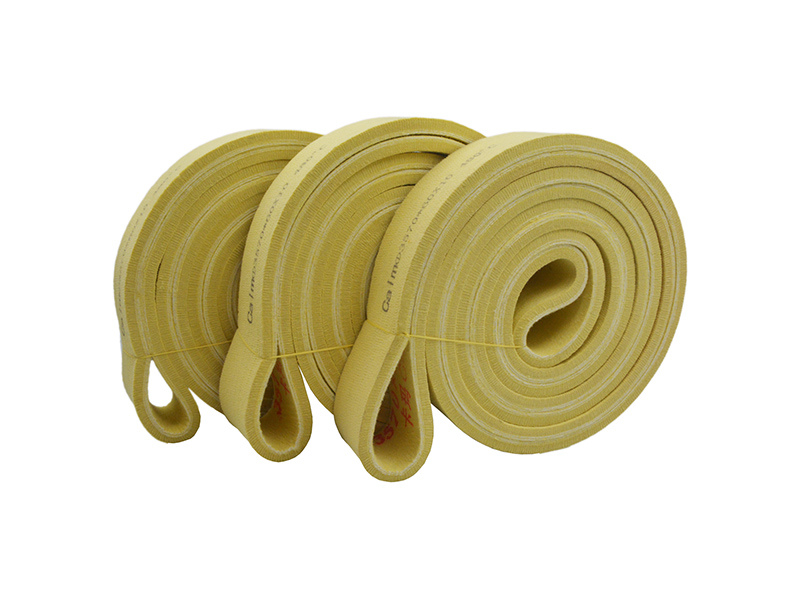Views: 0 Author: Site Editor Publish Time: 2022-04-06 Origin: Site
The use of fiber has existed since the ancient times. From the existence of natural fibers to the invention of synthetic fibers. One particular type of fiber that is currently making its name known to the market is Kevlar. Kevlar may seem like an unfamiliar name for some but for many, it is well known for its heat-resistant properties. Now, what makes Kevlar heat-resistant? But before we get to that, we need to know what is Kevlar?
Kevlar is a material that belongs to the family of synthetic fibers. It was created by Stephanie Kwolek, Dupont. It is actually a polymer, meaning that Kevlar has units that are repeating and are bound together in order to form a bigger molecule. Kevlar is manufactured by using inter-chain bonds, along with cross-linked hydrogen bonds that cling to these chains, In a simpler way, Kevlar is made by microscopic fibers that spread across the plane of woven fibers at a microscopic level, creating a mesh. This makes Kevlar a heat-resistant para-aramid synthetic fiber known to have a molecular structure. Kevlar is also known to have excellent tensile strength and Kevlar is known to be over eight (8) to ten (10) times more sturdy than steel in terms of tensile strength or the maximum resistance a material can handle before breaking when there is tension. Kevlar has a tensile strength of 3,620 megapascals. Considering the molecule structure of Kevlar, making it stronger, it is also known for its different properties like it's resistance to cut or puncture, its ballistic resistance, its flexibility, and more importantly, its heat-resistance.
The fibers of Kevlar are composed of polyamide, where repeating amide groups are joined by para-phenylene groups at carbons 1 and 4 of the aromatic group. It is through Kevlar's high-crystallinity and inherent of conjugation that this class of fibers achieve its property to resist fire. Crystallinity refers to the degree of long-range order in a material and it strongly affects its properties. To put it simply, the higher the crystalline of a polymer is, the more regularly aligned its chains are thus, increasing its hardness and density. Polymers with high crystallinity like Kevlar have high fire and heat stability, thus making them heat-resistant. In other words, Kevlar is heat-resistant due to the polymer having high crystallinity and high conjugation. Kevlar becomes an ideal material for personal protective equipment as it can protect against a thermal risks of up to 800 degrees Fahrenheit. Aside from personal protective equipment, Kevlar fiber is also an ideal and is mostly involved in the industrial felt products for many applications especially in the aluminum industry. This would include seamless conveyor felt belts, Nomex felt strips, spacer felt sleeves, felt-covered timing belt, needle-punched felt rollers, and more due to its excellent heat resistance.
Kevlar indeed has many advantageous properties that different industries can benefit from, with heat-resistant as one which makes Kevlar a popular choice in the aluminum industry.
We use Kevlar as felt belts material, mainly used in aluminum extrusion factories. Welcome to contact us anytime if you need Kevlar felt belts.

Foshan Calm Industrial Felt Co., Ltd.
Website: www.gdcalm.com
Email: toby@gdcalm.com
Mobile/Whatsapp/Wechat: 0086 18934300834